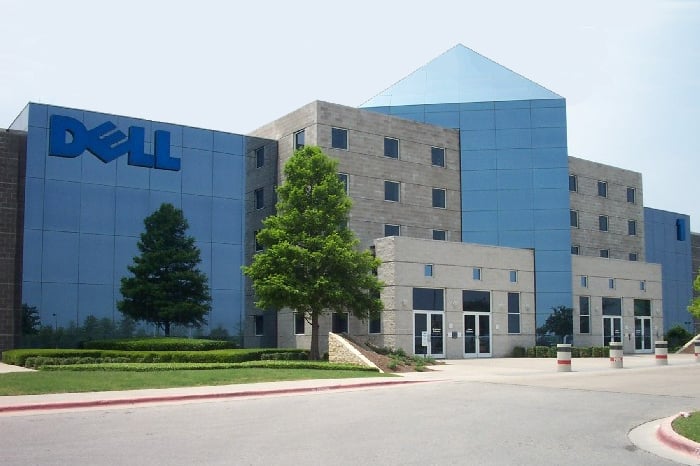Critics of Microsoft Corp.’s (NASDAQ: MSFT) $2 billion investment in the Dell Inc. (NASDAQ: DELL) $24.4 billion leverage buyout believe that the world’s largest software company could harm its relationship with Dell competitors. Source: courtesy Dell Inc.
Source: courtesy Dell Inc.
Hewlett-Packard Co. (NYSE: HPQ), Lenovo and Asus control much of global PC sales. Each may object to the alignment of Dell and Microsoft, and could even turn to other operating systems like Google Inc.’s (NASDAQ: GOOG) Android as a defense.
However, the funding of Dell has one consequence that directly challenges Microsoft’s hardware plans. Its Surface tablet competes with all of these PC manufacturers. By investing in Dell, Microsoft has helped strengthen one of the most powerful Surface rivals.
Microsoft has just released its Surface with Windows 8 Pro, which is more powerful that the previous version of the product. Reuters reports that early reviews of the Surface Pro have been poor, which likely will undercut already shaky sales of the entire Surface line.
Even Dell has a product that competes directly with Microsoft’s tablet. Dell calls it the Latitude Tablet 10. The machine runs Windows 8 and has a price point of $499. The new Microsoft Surface is priced at $899. Critics of a direct comparison of the two tablets may point out that they have different features. Some of those differences will be lost on many consumers who are not well-versed in processors, memory and touch screens.
Microsoft may have decided secretly that its investment in Dell means it will discontinue the Surface in a few months or a year. That decision also might be based on low sales of the Surface, which keep it from being a viable product anyway. Add the Dell deal and poor Surface sales together, and the tablet already may be doomed.
The guessing game about which companies may be victims of the Dell deal with Microsoft began when rumors of the alliance arose weeks ago. In the tablet business, Microsoft has become its own worst enemy.
Essential Tips for Investing: Sponsored
A financial advisor can help you understand the advantages and disadvantages of investment properties. Finding a qualified financial advisor doesn’t have to be hard. SmartAsset’s free tool matches you with up to three financial advisors who serve your area, and you can interview your advisor matches at no cost to decide which one is right for you. If you’re ready to find an advisor who can help you achieve your financial goals, get started now.
Investing in real estate can diversify your portfolio. But expanding your horizons may add additional costs. If you’re an investor looking to minimize expenses, consider checking out online brokerages. They often offer low investment fees, helping you maximize your profit.
Thank you for reading! Have some feedback for us?
Contact the 24/7 Wall St. editorial team.



